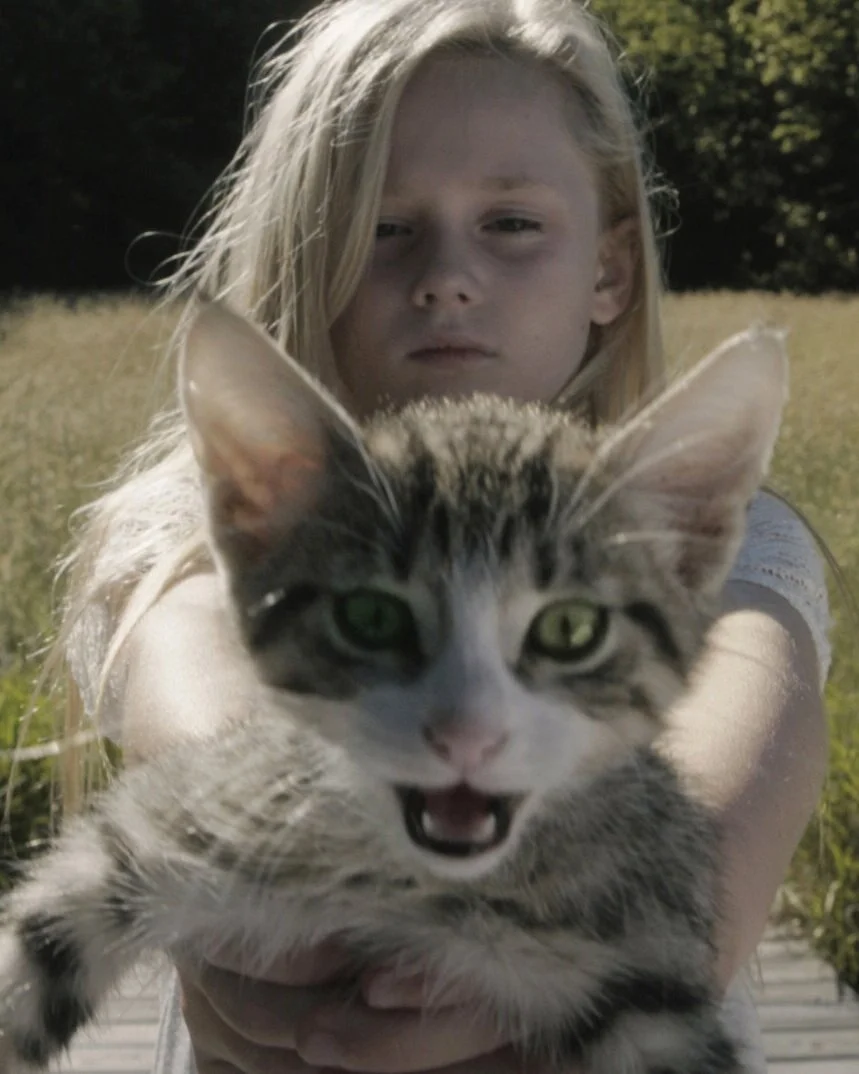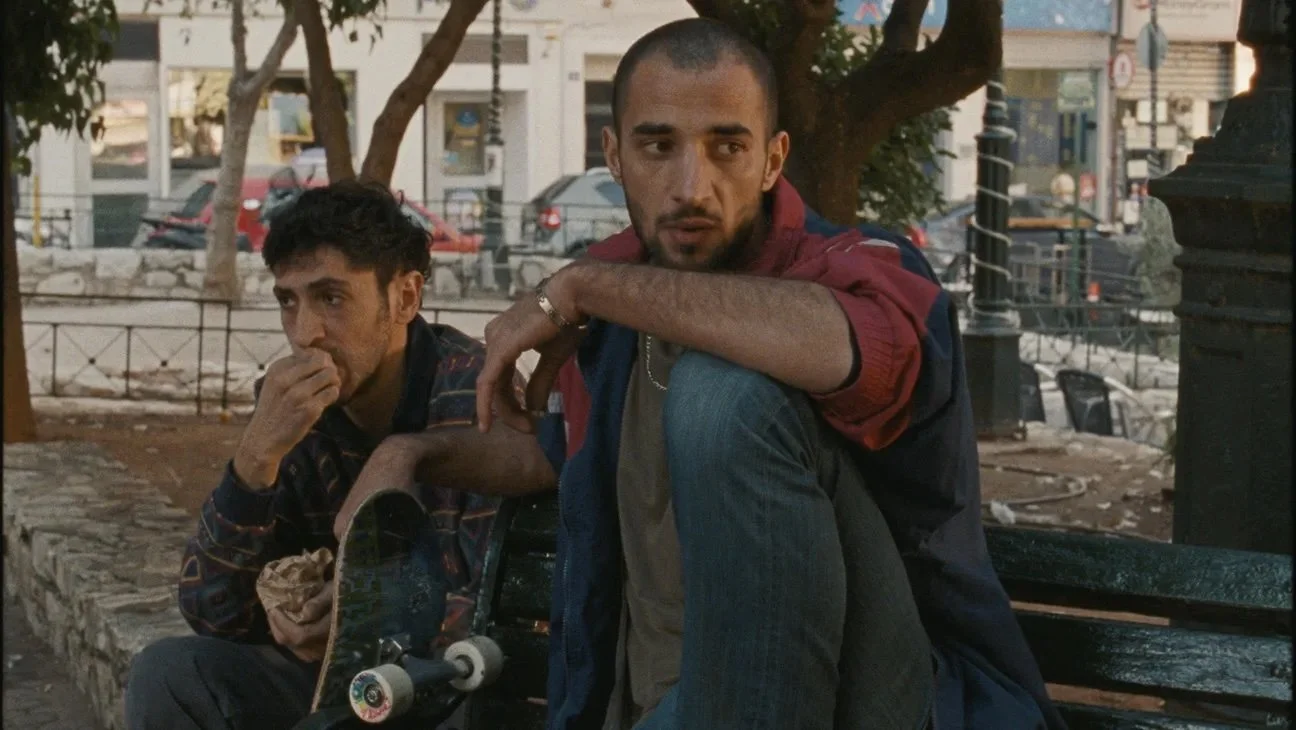Film reviews: Crock of Gold: A Few Rounds With Shane McGowan and Small Time signal strong start to Whistler Film Festival
Julien Temple hands in a definitive look at the infamous Pogues frontman, while Niav Conty tells nuanced story of poverty and addiction in America
Left, Shane McGowan in Crock of Gold; above, Small Time.
Whistler Film Festival presents Crock of Gold from December 8 to 31 and Small Time from December 19 to 31. The fest itself runs from now to December 20.
WHILE YOU MIGHT not be able to get up to the slopes during the Whistler Film Festival this year, you can take in all the offerings online.
The fest is streaming its films starting tonight, releasing features and shorts each day to December 20, allowing ticketbuyers to stream them all the way to December 31. Which means that, if you still can’t get out to the slopes thanks to pandemic lockdown, you’ll have more than enough to keep you entertained.
Stir checked out two of the strongest offerings at the fest, with more coverage to come.
Crock of Gold: A Few Rounds With Shane McGowan
PUNK PIONEER, PISSTANK, trainwreck, poet, IRA sympathizer: all the contradictory sides of the Pogues’ frontman Shane McGowan come through in Julien Temple’s artfully raucous new documentary, Crock of Gold.
The director, whose The Filth and the Fury and Joe Strummer: The Future Is Unwritten have proved him one of the most important historians of early punk, delivers a hyperenergized montage that both captures the raw adrenaline of the Pogues' early concerts and the cultural shifts that drove them.
Approaching his famously out-of-it subject with fascination, Temple mixes animated sequences by legend Ralph Steadman, home movies, interviews with McGowan’s surprisingly sensible family, and still exhilarating concert footage of the masses moshing to “Fiesta”, “The Sick Bed of Cuchulainn”, and “Streams of Whiskey”.
As Pogues fans know, McGowan's story today seems like a sad one--but Temple reveals it as more nuanced than a simple nosedive into self-destruction.
On the one hand, you have McGowan in the shocking state he finds himself in at 62, slumped to one side in a wheelchair, sipping Guinness, and slurring so much he requires subtitles. He’s got shiny new teeth though, and he’s still sharp, opining on everything from Irish republicanism to William Yeats. On the other, you see the rebel before booze took its full toll, embracing London’s punk-rock scene in the late ‘70s (catch his unmistakable, rubble-toothed mug in the front row of Sex Pistols concerts here) and eventually marrying old-time Celtic songs with that amphetamined energy.
Even though Temple is famous for getting intimate access to normally combative legends like Johnny Rotten, he’s unable to secure a traditional interview with the shit-disturber here. Instead, the director films McGowan’s friends in candid conversations with the Pogues frontman; showing up to ask him about his life is everyone from a seemingly sloshed Johnny Depp to Sinn Fein’s Gerry Adams to McGowan’s preternaturally patient wife Victoria Mary Clarke.
The absolute revelation is the film’s first half, Temple taking his sweet time telling the story of McGowan’s childhood--especially the idyllic pre-school years in rural Tipperary, where he “pissed out the front door, shit in the fields”, shared a bed with a chain-smoking aunt, and downed his first “black stout” at the ripe old age of five. Temple intercuts lyrical archival footage of Irishmen in caps, shovelling hay and doing the jig, with sepia-lit dramatic re-creations of a young McGowan running through pastures. McGowan still holds those memories sacred after years of touring the world.
There’s a lot for die-hard fans to feast on here, from insights on the burgeoning London punk scene of the late ‘70s, to the inspiration for songs like “The Old Main Drag”, and the out-of-control antics of the 1988 tour--the one where McGowan’s life went “so horribly, horribly wrong”, according to his sister.
Mostly, Crock of Gold will remind you of how mindblowing and game-changing his songs were, and will send you digging into your old vinyl collection.
It’s a thrilling ride, capturing McGowan’s lasting genius and empathy for the underdog, but also his fatal flaws. Call it a definitive ode to a man you don’t meet everyday, devils on each side of him with bottles in their hands. JS
Small Time
IN SMALL TIME, Emma (Audrey Grace Marshall) does a lot of growing up in her rural America town, watching her mom (Dominique Johnson) succumb to the ravaging effects of opioids and her formerly estranged father (Kevin Loreque) cope with PTSD from battling the war on terror.
If the storylines sound over-the-top, they’re deftly and delicately handled by director Niav Conty. Themes grow more complex over the course of the 95-minute film as Emma becomes friends with a Muslim boy and her grandmother introduces her to communion.
Surrounded by dysfunction, poverty, addiction, and mental illness, Emma is still a kid who loves baking cookies, finds wonder playing in the snow, and takes comfort in cuddling with her cat; her even-keeled innocence and joy offset the darkness around her.
If it appears she’s maturing right before our very eyes, she is: the film was shot over a period of three years, starting when the lead was seven. With solid performances across the board, Johnson is scared-straight convincing as an addict and troubled mom, while Marshall will be one to watch. . GJ














